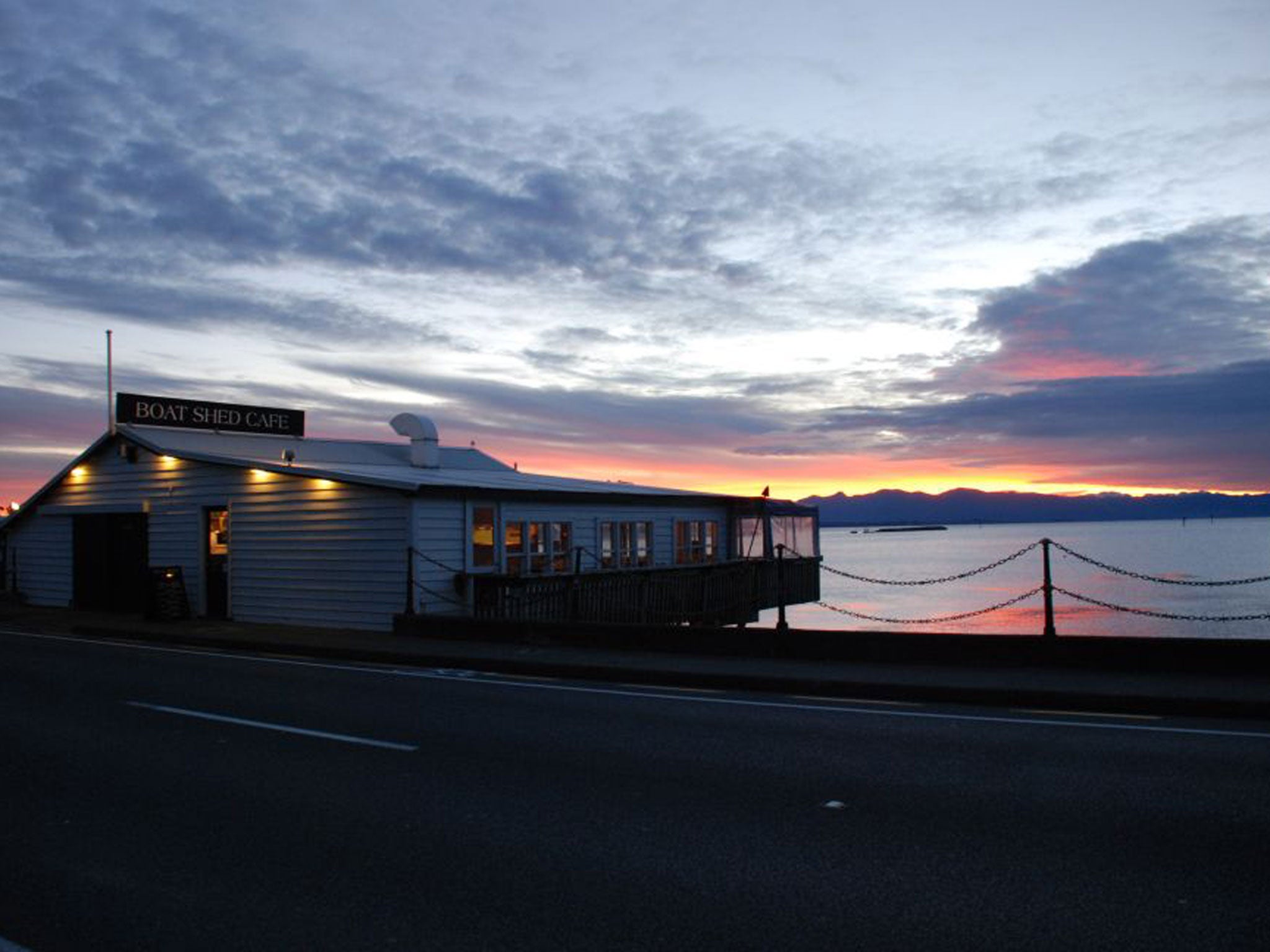New Zealand rescuers find mountain body in search for British hiker

Your support helps us to tell the story
From reproductive rights to climate change to Big Tech, The Independent is on the ground when the story is developing. Whether it's investigating the financials of Elon Musk's pro-Trump PAC or producing our latest documentary, 'The A Word', which shines a light on the American women fighting for reproductive rights, we know how important it is to parse out the facts from the messaging.
At such a critical moment in US history, we need reporters on the ground. Your donation allows us to keep sending journalists to speak to both sides of the story.
The Independent is trusted by Americans across the entire political spectrum. And unlike many other quality news outlets, we choose not to lock Americans out of our reporting and analysis with paywalls. We believe quality journalism should be available to everyone, paid for by those who can afford it.
Your support makes all the difference.Mountain rescuers searching for a British hiker in New Zealand have recovered a body at the bottom of a 330ft cliff, police have said.
Andrew Ian Wyatt, reportedly from Cornwall, was last seen leaving a lodge in Nelson Lakes National Park near the city of Nelson in the country's south island on 15 December.
The body, which has yet to be formally identified, was found below Lake Constance Bluff - part of Mr Wyatt's intended tramping trail.
New Zealand police said bad weather prevented the expert alpine searchers from accessing the area earlier.
Four ground teams, one dog team and a communications team were flown by helicopter to the region on Friday morning to begin the search.
Search co-ordinator Constable Dave Cogger said he was in daily contact with Mr Wyatt's parents in the UK who were extremely concerned for their son's welfare.
Mr Wyatt arrived in New Zealand on November 21 with the intention of walking the Te Araroa Trail, a 1,860 mile tramping trail which links routes from Cape Reinga to Bluff.
On the day he went missing he left the Blue Lake Hut about 6am local time to walk to Waiau Pass.
The area between the last sighting of Mr Wyatt and his next intended destination was "one of the more remote and difficult parts" of the trail, the training officer for Search and Rescue Nelson said.
Sherp Tucker told local paper the Sunday Star Times: "It's rugged, it's remote and the weather can change so much.
"It's a frequent place for the rescue helicopter to go to beacon activations for people who are hurt."
PA
Join our commenting forum
Join thought-provoking conversations, follow other Independent readers and see their replies
Comments